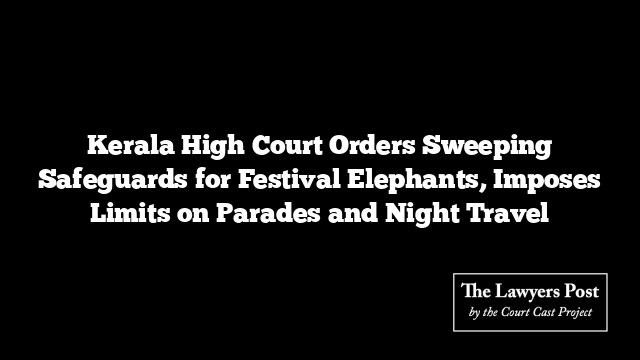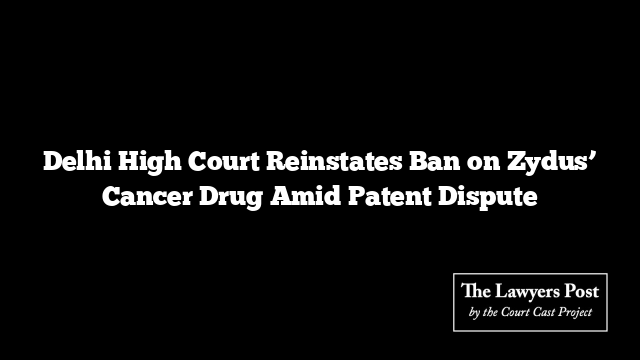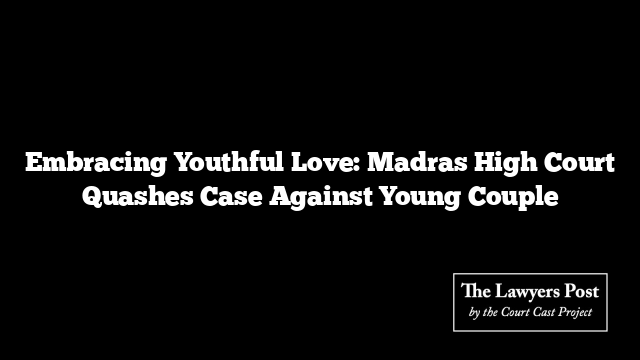In a bold move to safeguard captive elephants, Kerala’s High Court has introduced stringent interim rules to protect these gentle giants, especially during the festival season. Responding to concerns over the welfare of elephants frequently showcased at public events, the court has underscored their right to rest, nutrition, and humane treatment.
A bench led by Justices AK Jayasankaran Nambiar and Gopinath P handed down a series of directives, emphasizing an 8-hour rest mandate, a maximum 3-hour exhibition cap, and strict control over parading times. Elephants will be shielded from the road between 9 a.m. and 5 p.m., and overnight transport will be restricted to minimize stress.
Setting the stage for unprecedented protections, the court ordered comprehensive measures for elephant care at festivals: ample food, water, shelter, and a buffer zone of safety between the animals and the public. To prevent overstimulation, elephants must maintain a 3-meter gap from each other and a minimum distance from fireworks, while a 100-meter clearance must be enforced for any fire-related displays.
Organizers will now need to submit detailed applications, including veterinary health certificates and route plans, to the District Committee a month before any event. Temporary festival tethering sites must meet high standards for cleanliness, shelter, and space. Moving beyond festival logistics, the court banned the use of controversial ‘capture belts’ for controlling agitated elephants, citing them as inhumane.
Expressing deep concern over the treatment of these animals, the court compared their plight to historical atrocities, stressing that prolonged delays in enforcing the Supreme Court’s 2015 humane directives have led to a rise in elephant fatalities. A notable decline in the captive elephant population reflects a cycle of exploitation and neglect that the court aims to end with immediate effect.
Until Kerala’s government enforces the 2012 Kerala Captive Elephants (Management and Maintenance) Rules in full, the court’s interim guidelines serve as a moral and legal imperative for elephant welfare. With these directives, the court hopes to replace decades of oversight with a foundation of respect and care for Kerala’s festival elephants.





